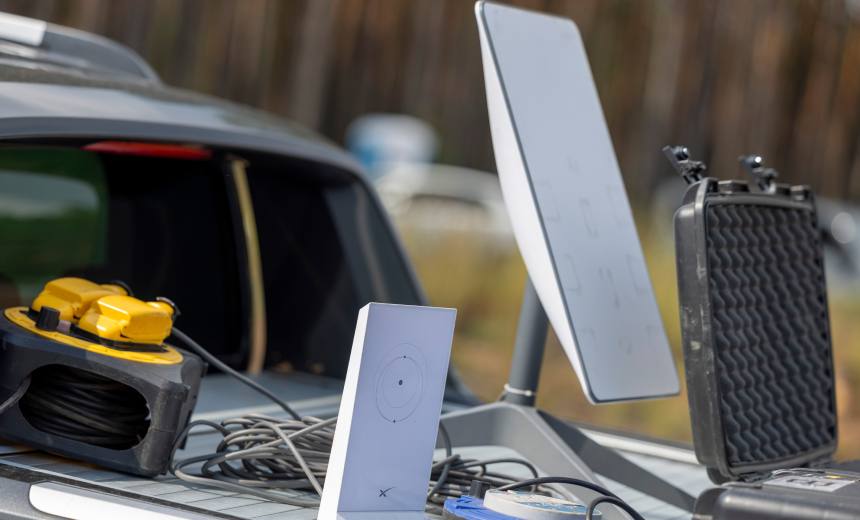Researcher Lennert Wouters, known for his expertise in hardware security, recently gained attention for uncovering a significant security flaw in Starlink, Elon Musk’s satellite internet service. With over 6,600 satellites in orbit, Starlink is known for its advanced technology, but Wouters demonstrated that even the most sophisticated systems can have vulnerabilities.
Using a custom-built modchip worth only $25, Wouters executed a fault injection attack on a Starlink dish in 2022, allowing him to temporarily bypass security measures and access restricted areas within the system. Despite his ability to exploit the flaw for personal gain, Wouters chose to act ethically by reporting his findings to Starlink. As a result, the company rewarded him through its bug bounty program and implemented necessary security updates to address the issue.
For Wouters, this discovery was a testament to his dedication to mastering hardware security, a passion that began during his academic studies at KU Leuven University in Belgium. Over the past eight years, Wouters has focused on analyzing the vulnerabilities present in everyday devices and commercial products, with a particular emphasis on hardware security.
His interest in the field led him to research automotive security for his master’s thesis, where he explored ways to unlock vehicles from manufacturers like Tesla, Toyota, and Hyundai. Recently, Wouters participated in the bug bounty program HardPwn, a hardware hacking contest hosted by Hardwear.io in Amsterdam, where he analyzed Xiaomi devices such as e-scooters, cameras, and Mi Bands.
According to Wouters, events like HardPwn provide valuable opportunities to learn from peers, test new techniques, and apply them to ongoing research projects. By engaging with the security community at such events, Wouters has been able to expand his knowledge and establish meaningful connections with like-minded individuals.
The field of hardware security, which has roots dating back to the 1970s, continues to evolve, with bug bounty programs playing a crucial role in identifying and addressing vulnerabilities in devices. Wouters emphasized the importance of these programs in helping companies future-proof their products and stay ahead of potential threats posed by malicious actors.
As the hardware security landscape undergoes regulatory changes, such as the EU Cyber Resilience Act, companies are required to adhere to cybersecurity standards, conduct risk assessments, and provide security updates for at least five years. Wouters views this as both a challenge and an opportunity, noting the growing demand for affordable security analysis tools in the market.
Despite the challenges that researchers may face in reporting vulnerabilities to companies, Wouters believes that collaboration between researchers, developers, and businesses is essential in addressing evolving device security challenges. By working together, they can share knowledge, identify vulnerabilities, and develop robust security solutions to protect users and their data from potential threats posed by cyber attacks.
In conclusion, Wouters’ work highlights the importance of ethical hacking, collaboration, and innovation in ensuring the security of devices and safeguarding the integrity of digital ecosystems. As the technology landscape continues to evolve, researchers like Wouters play a crucial role in identifying and addressing security vulnerabilities to protect users in an increasingly interconnected world.
